In the beginning, the commons was everywhere. Humans roamed
through it, hunting and gathering to meet their needs. Like other species, we
had territories but these were communal to the tribe, not private to the
person.
Agriculture arose about ten thousand years ago and along
with it came permanent settlements and private property. Rulers granted
ownership of land to loyal families. Often, military leaders distributed
conquered land to their soldiers.
Despite the growth of private property, much land remained
part of the commons. In Roman times, bodies of water, shorelines, wildlife, and
air were explicitly classified as res communes, resources available to
all. During the Middle Ages, kings and feudal lords often claimed title to
rivers, forests, and wild animals, often to have such claims periodically
rebuked. The Magna Carta, which King John of England was forced to sign in
1215, established forests and fisheries as res communes.
In the 17th century, English philosopher John Locke sought
to find a balance between the commons and private property. He believed that
God gave the earth to “mankind in common,” but that some private property is
justified because it spurs humans to work. The trick is to get the right
balance.










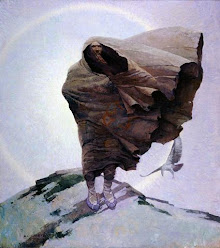














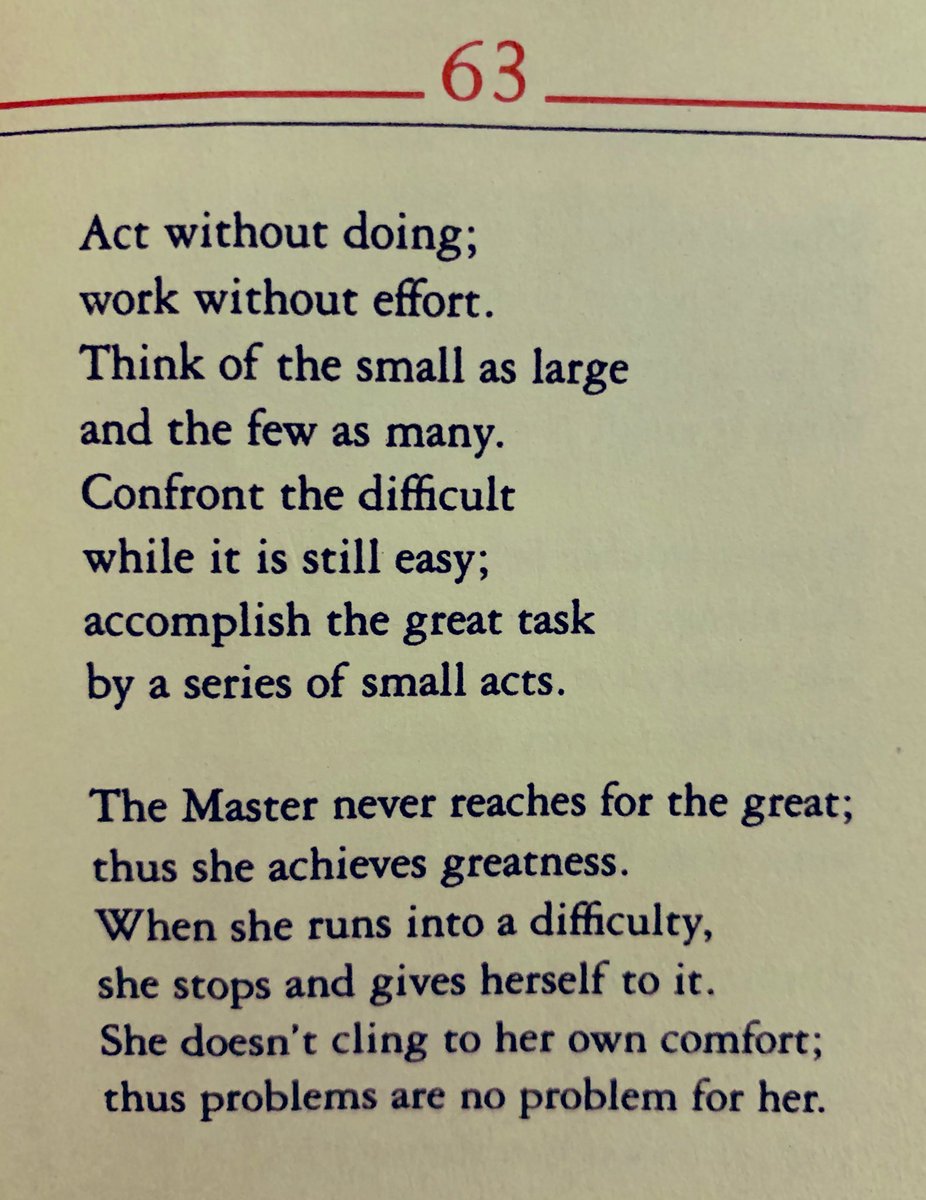









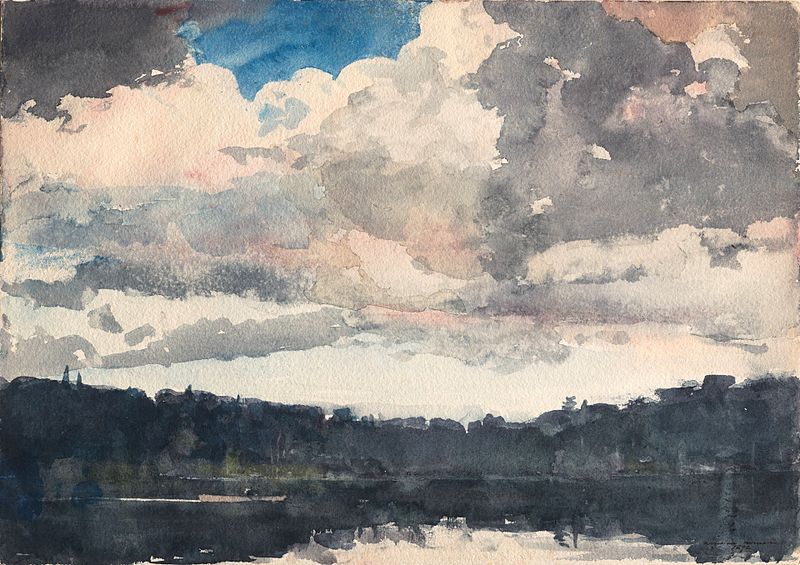





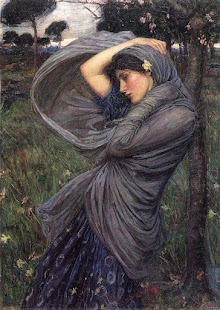














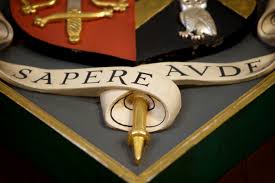






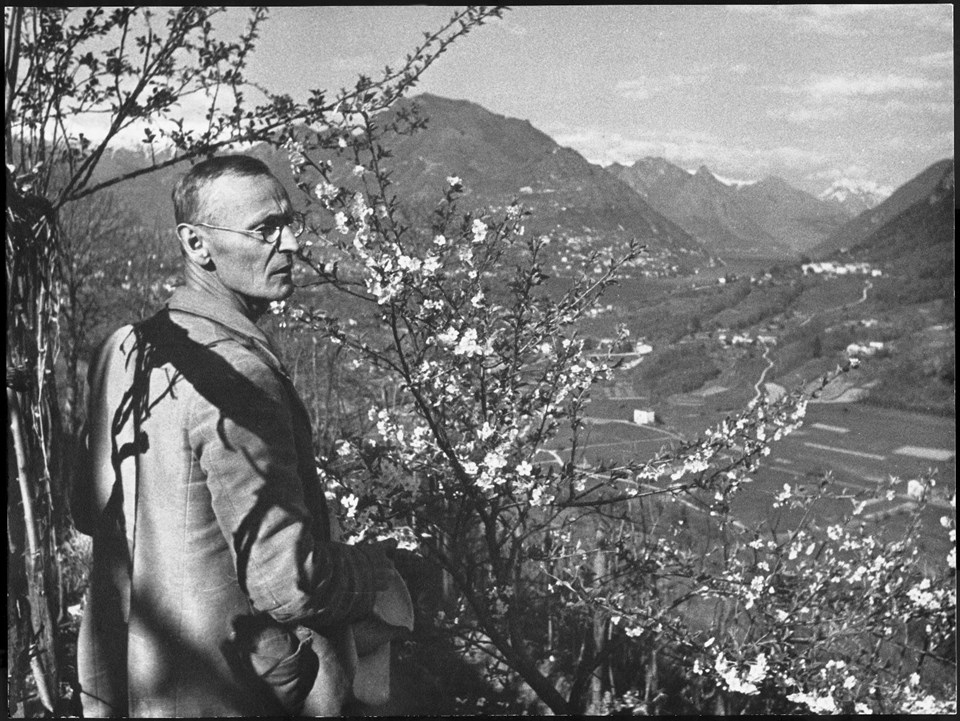


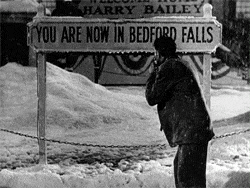







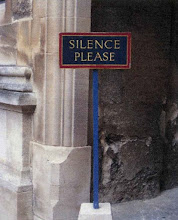












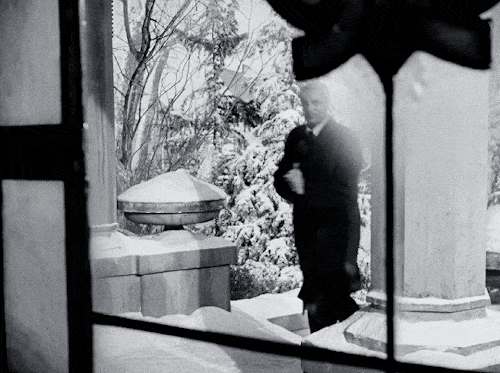


















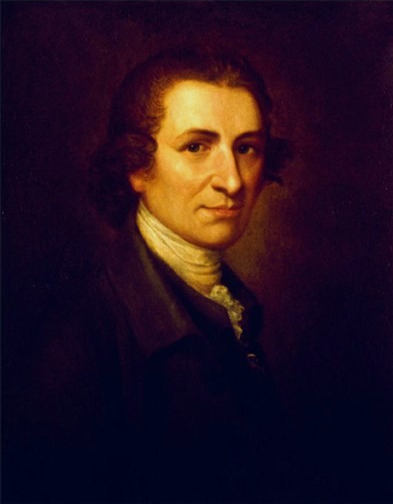


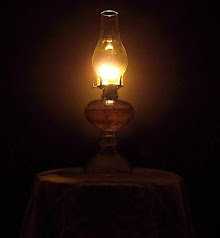







No comments:
Post a Comment